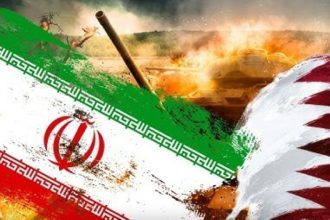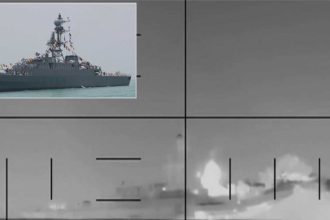As the second phase of talks began under the China-Pakistan Free Trade Agreement, Pakistan would resist the demand for more tariff concessions after its many industries became uncompetitive due to the relaxation given in the first round of talks.
The free trade agreement that came into force in 2006 has kept the balance of trade in favour of China while Pakistan could not fully enjoy the preferential treatment due to Beijing’s similar trade agreements with Asia-Pacific countries.
After the first phase, China desired that Pakistan should implement the second phase that would allow its exporters concessions of up to 90% of total tariff lines, said an official of the Ministry of Commerce, who was part of the negotiations.
He said Pakistan would prefer to invoke Article 8 of the treaty under which tariff reduction would be offered on selected product lines instead of general concession on all imports.
If Pakistan implements the second phase, as desired by China, its textile sector will become uncompetitive. Many industries have already been wiped out over the last six years as domestic markets are flooded with cheap and low-quality Chinese products. As a result, the balance of trade has heavily been in China’s favour.
Furthermore, there is difference of opinion over the size of bilateral trade. The volume is said to be in the range of $10 billion to $14 billion as Pakistani importers show a lower value of their goods in an attempt to evade taxes and duties.
The first round of three-day talks between Pakistan and China was held on Tuesday to assess the developments that had taken place in the wake of the FTA and propose necessary changes for the benefit of the two countries. Pakistan is expected to adopt a tough stance in order to avoid further damage to the economy from free trade.
Both sides agreed that the concerns of each other would be taken into consideration with a thorough review of the FTA provisions and the possibility of readjustment.





